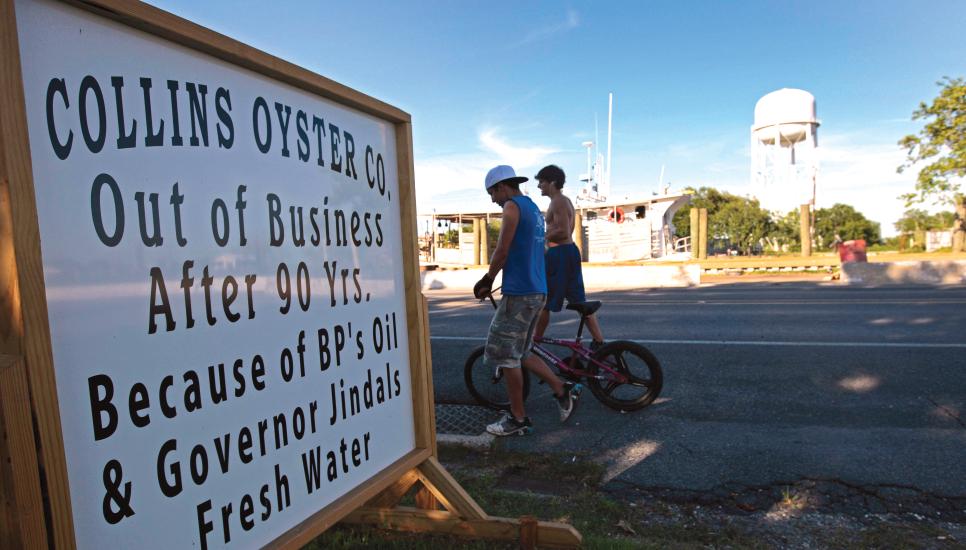BP oil spill showed how family businesses respond well to crises

Family businesses are more nimble and better able to respond to crises than non-family businesses, according to a new academic paper, which uses as a case study the BP oil spill in the Gulf of Mexico in 2010.
According to Ripple effects on family firms from an externally induced crisis, published in the latest issue of the Journal of Family Business Management, family firms have five advantages when responding to crises. These are strong networks and relationships, local knowledge, flexibility, the ability to respond quickly, and trust.
The paper’s co-author John James Cater III, from the University of Texas, says he was living in south Louisiana at the time of the BP oil spill and noticed that family businesses responded to the crisis differently than other types of business.
The massive explosion at the Deepwater Horizon oilrig saw 15 million barrels of oil flow into the Gulf of Mexico, according to the US Coastguard.
Cater said: “Family businesses could change their business model very quickly. I’m thinking of one firm in particular where the gentleman was selling office supplies, and you’re thinking ‘what does office supplies have to do with the oil spill?’ But he went down and he set up an office supply store in the BP headquarters down in south Louisiana and had it solely dedicated to BP.”
Businesses included in the paper, which was co-authored by Brent Beal, were all from south Louisiana and drawn from various industries including oil field services, marine transport, hospitality, fishing, business services, medical services, legal services, retail, real estate and construction.
Not all families were able to survive the disaster. Businesses in fishing and tourism suffered the most after the event.
BP has paid $11 billion compensation to individuals and businesses impacted by the disaster, however, last month it said it would be seeking repayment from a “vast number” of businesses that it believed had received too much compensation.
While the size of the family businesses profiled in the paper ranged from a handful of employees to 900 staff, Cater says the findings could apply to a family business of any size, as long as it met the criteria outlined in the paper.
This meant one family or a small number of families owned the firm and its activity reflected the vision, goals and intentions of its owners.
Speaking on ways in which family businesses could respond to crises quickly, Cater said: “They would consult with a small number of family members, maybe a husband and wife, brothers or siblings, and they could make a decision very quickly.”
By contrast a public company may have to report to thousands of shareholders, the paper said. Also the relationship between management and ownership may not be as strong.
Cater acknowledged that networking relationships in corporations could be “very strong”, but said family-owned firms still had an advantage. “Family businesses tend to be long term orientated, they tend to want to establish a long-term relationship.”
The paper also noted that a family firm might be advantaged by the sense of trust and familiarity that exists between family members, employees and customers. It said this could lead to better communication in a crisis situation.
Cater says while a drastic downturn was expected for the Gulf States in the aftermath of the oil spill that has not eventuated, and most family businesses have remained in the region.
“They have deep and strong ties to the area with their family, and their extended family, so I think they were very vested in south Louisiana. I think you would find that in other parts of the United States and other countries too, that family businesses are rooted strongly in the local economy.”






